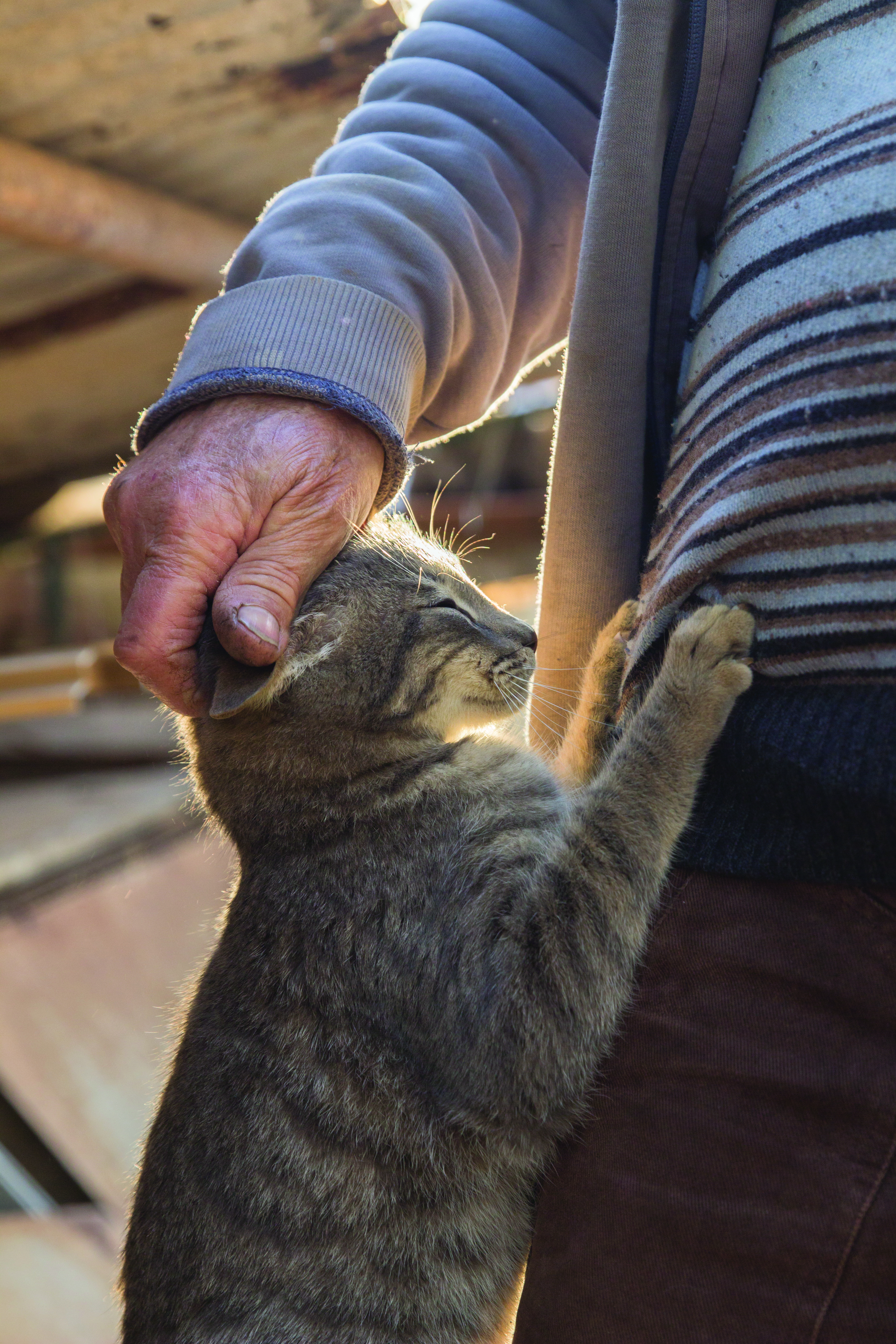Grieving the Loss of Your Cat
Losing a cat can be a life-changing event, one that can be as difficult as the loss of a human companion. The pain associated with such a loss can be devastating, whether the loss is sudden or has long been expected. Even when we understand that our cat’s life will end, our response can be significant when this time comes.
Our cats are our companions, and a constant presence in our daily lives. We experience the love they provide, delight in their behavior, and share life events. It’s no surprise that when they are no longer with us, we are often left with a significant void that can impact our daily life.
Grieving is a healthy, natural response to loss. It may be helpful to know that others have shared this experience; however, the process is unique to each person who has loved and lost a feline friend. There is no “normal” timeline for grief. “It takes as long as it takes” may be a useful mantra. Additionally, each experience of loss is unique and may result in a variety of emotions. Whether you are feeling sad, anxious, tired, guilty, or relieved, this is normal. There is no “correct” way to grieve the loss of your cat.
Understanding grief
Grief may be experienced in stages that can include denial, anger, bargaining, depression, and acceptance. Not everyone experiences all of these stages, nor are they experienced in a particular order or for any prescribed period of time.
At first, we may find it difficult to believe that our cat is truly gone (denial), and when we acknowledge the reality, we can be angry. “It’s unfair that my cat had this accident or that illness. Other cats who are the same age are fine. Why did mine have to die?”
We bargain by asking “what if?” - type questions, believing that if we had only recognized an illness sooner, given medications on a more precise schedule, or hadn’t let the cat outdoors, s/he would still be with us. Sadness can set in, manifesting as low motivation, crying, or sleep difficulties. This feeling can range in intensity and can ease over time or persist.
Eventually, we accept that our cat is gone. When grieving, we may continue to feel sad while remembering our loss, but we typically regain a sense of normalcy as time passes. We are able to cope with life’s stresses, look to the future, and enjoy our usual activities.
If our daily functioning (such as sleep, eating, ability to perform regular tasks or interact with family and friends) continues to be compromised, we are likely to benefit from professional support.
Grief following euthanasia
The word euthanasia is derived from the Greek euthanatos, which translates as “good death”. The option of euthanasia is often considered to be a compassionate and reasonable alternative to prolonged suffering. Even when euthanasia feels like a kindness, making the decision to euthanize can be very difficult.
When to consult a professional
You deserve all the support that you need following the loss of your cat. For some people, family and friends can provide all needed support. Other people find professional support more useful.
People seek professional grief counseling (with a social worker, psychologist, family therapist, or other provider) for many reasons, including feeling uncomfortable sharing their loss with people they know, not feeling validated in their grief experience, having pre-existing concerns resurface with the loss of their cat, experiencing relational stress following the loss, or becoming concerned about impairments in daily functioning. If one is having trouble sleeping, eating, interacting with friends and family, performing daily tasks, or has any other concerns related to activities of daily living, consultation with a mental health professional can be a helpful support.
Coping with loss
There are a number of strategies to help cope with loss, including:
Choosing symbols of remembrance:
- Organize a memorial gathering
- If cremation was chosen, spread the ashes in a meaningful location
- Save fur clippings
- Plant a tree or flowers
- Create a photo book or video
- Make a donation in your cat’s name to an organization with importance to you
There are hundreds of memorializing options that can be found online, including jewelry, urns, garden stones, and other objects. These items are meaningful for some people; others prefer to keep their memories alone. You have to find what resonates with you.






